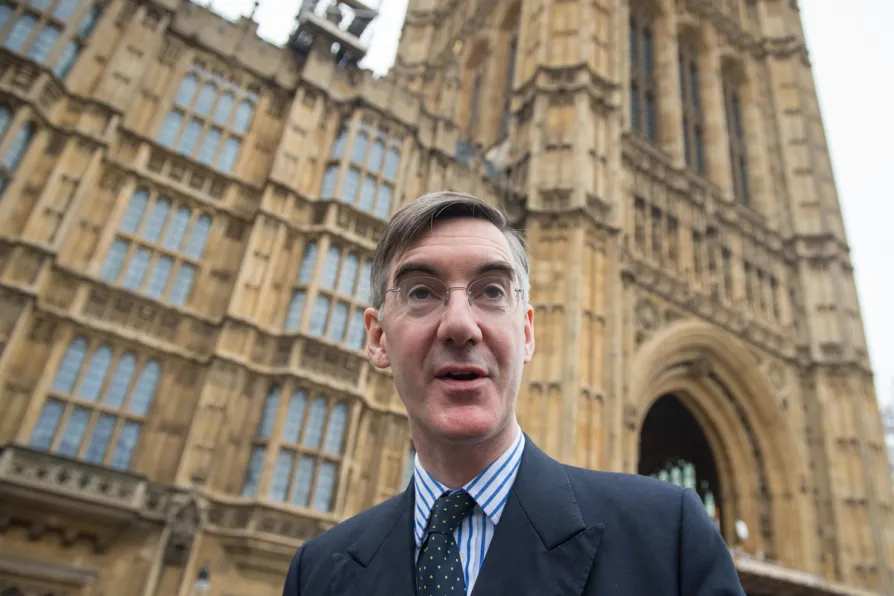NICK TROY lauds the young staff at a hotel chain and cinema giant who are ready to take on the bosses for their rights


WITH the Brexit crisis rumbling on and the Tory Party divided between pro-Brexit and pro-Remain MPs, it’s possible that the party faces its biggest split since 1847.
Robert Peel was elected in 1841 with the backing of landowners who did not want the Corn Laws repealed (a tax on imported wheat that kept domestic bread prices high, likewise profits for farmers) but did in fact repeal them in 1846 with the backing of the Anti-Corn Law League.
The working class, primarily the Chartists, were only marginally concerned in terms of the organisation of the League pushing instead, in due course successfully, for a Ten Hours Act to reduce the length of the working day — a measure they correctly judged would have more impact on workers’ lives.

KEITH FLETT traces how the ‘world’s most successful political party’ has imploded since Thatcher’s fall, from nine leaders in 30 years to losing all 16 English councils, with Reform UK symbolically capturing Peel’s birthplace, Tamworth — but the beast is not dead yet













